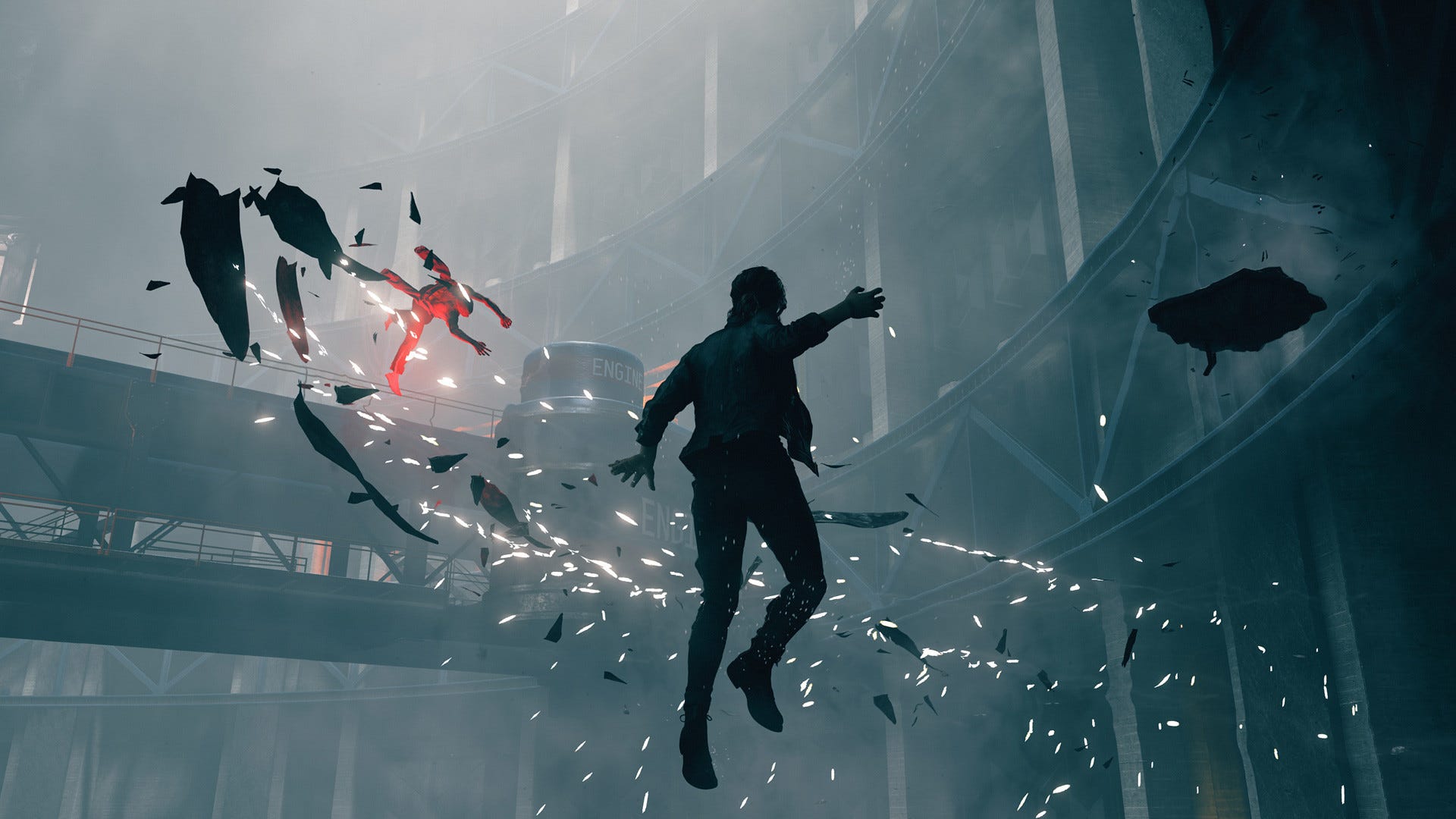Remedy's next big game is being made for less money, but can still be great, CEO says
The head of the studio behind Alan Wake and Control talks to Game File about Remedy's survival, a key cancellation, and getting game devs to think more about game business (but not too much!)
Tero Virtala, CEO of Remedy Entertainment, briefly startled me back in March, when we met to discuss the acclaimed Finnish studio he’s been leading since 2016.
Remedy is renowned for spooky single-player thrillers such as Alan Wake and Control, and it is celebrated for the idiosyncratic tastes of its game creators.
At Remedy, Virtala handles the less-discussed business end of things.
So, in a hotel room near the Game Developers Conference in downtown San Francisco, our conversation wasn’t about characters, controls or cutscenes.
We talked about the industry, about how Remedy was doing and about the big changes the studio had been making. For a moment, we were talking about game budgets.
I brought up the budget for Remedy’s next big single-player game, Control 2, which the publicly-traded studio told investors is being developed for €50 million ($57 million), split between Remedy and the Hollywood movies and game production company Annapurna.
I hadn’t been sure what the development costs were for Remedy’s last big singleplayer game, 2023’s multiple Game of the Year award-winning Alan Wake 2.
Then came the surprise.
Alan Wake 2’s budget, compared to Control 2’s, Virtala told me, was “a bit higher.”
And there we had it: In this era of ballooning game budgets, here was a rare instance of a development studio acknowledging that they’ll be making their next big single-player game for less than their last one. (Note: There’s a whole other Remedy game coming out before Control 2. The studio’s debut multiplayer effort and first self-published game, FBC Firebreak, a co-op spin-off from Control, launches next month).
Virtala believes that €50 million is enough to make a great Remedy game. “I think with that we can create excellent games,” he said. If the team sticks to that budget and the game sells two million units, “we are at break-even per game.”
He added: “That then builds the basis that, if we create an excellent game and it happens to sell four million or five million units, then we are really happy.”
Recent history has shown Virtala that it would be wise to get budgets a little more under control, to get costs lower by planning and designing games with more realistic goals—maybe getting them done faster in the process, too.
To achieve this, Remedy has a strategy, one that Virtala believes can help the studio—and perhaps could help the industry—bounce back from a financially rough stretch: motivate game developers to think a little more about game business.
Keep reading with a 7-day free trial
Subscribe to Game File to keep reading this post and get 7 days of free access to the full post archives.



